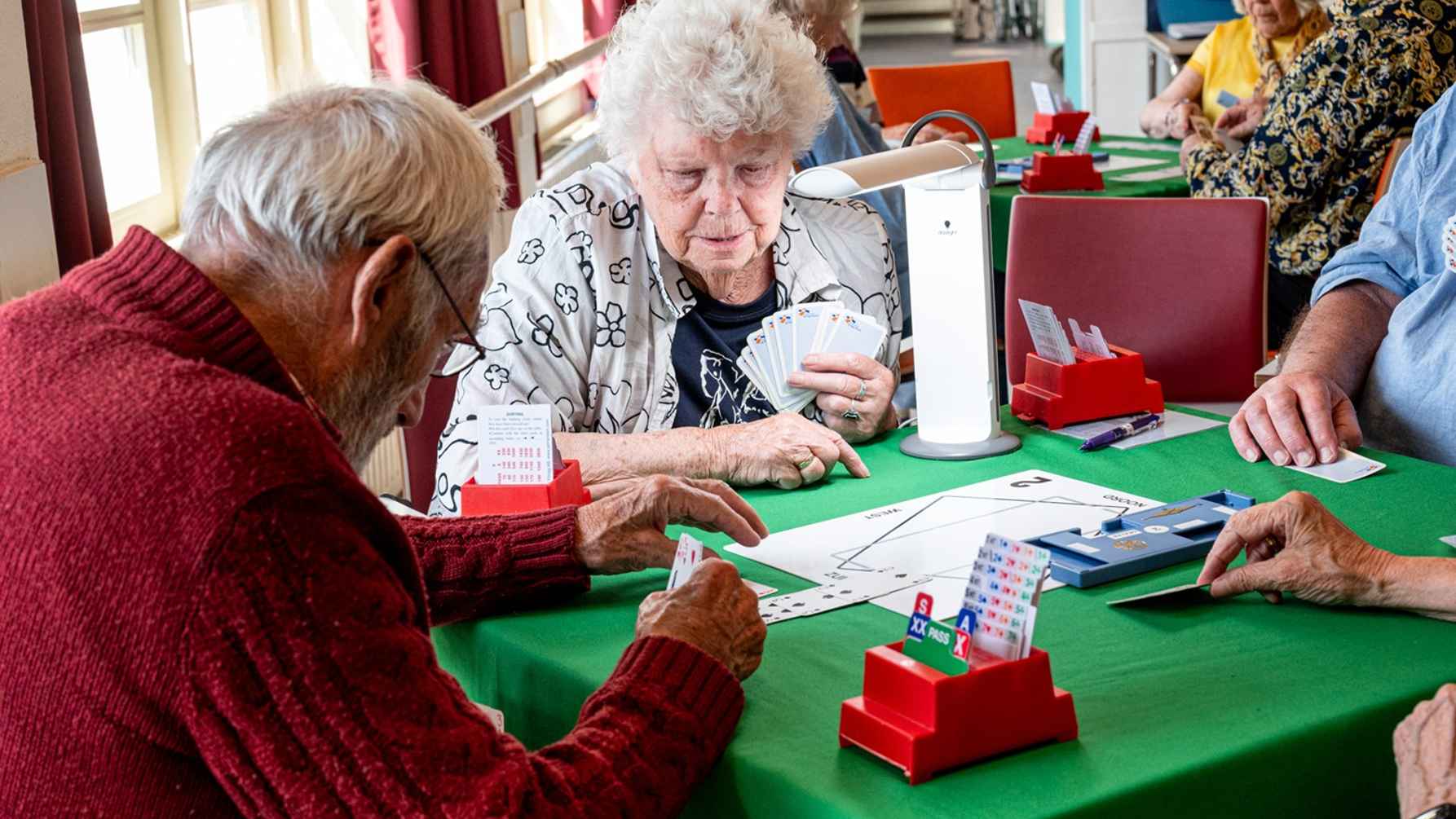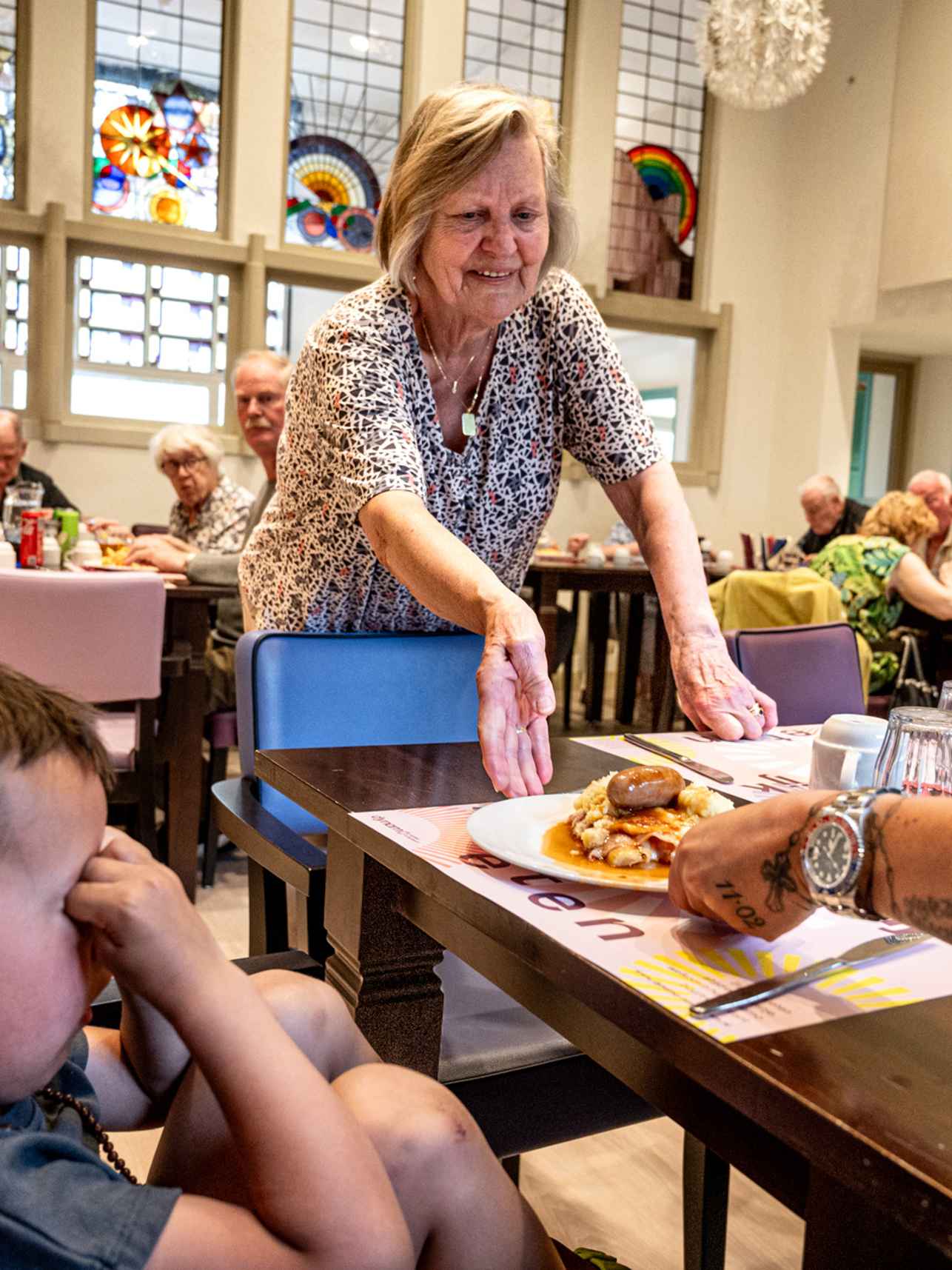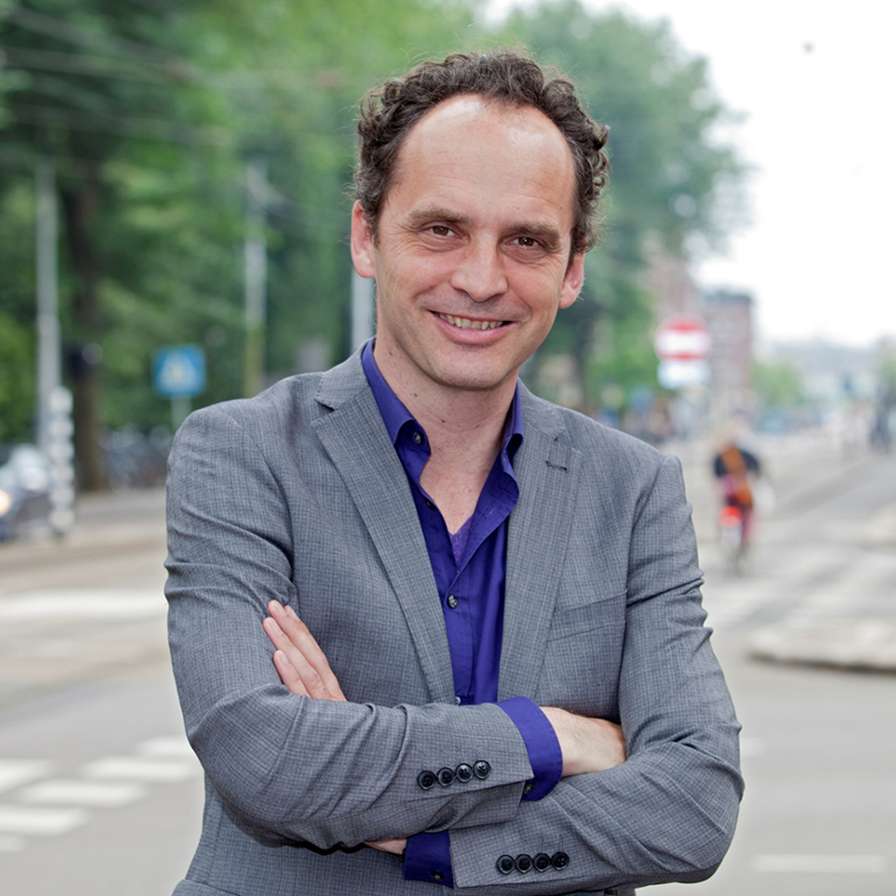Collaboration between well-being, care, and housing

The ageing population and the increase in chronic illnesses and in loneliness are major challenges facing healthcare, but also the care sector. Together with housing corporations, healthcare and social care partners and residents, we are working on the Lang Leven Thuisflats projects. These are housing complexes that are designed to enable the elderly to live in their own homes for as long as possible.



